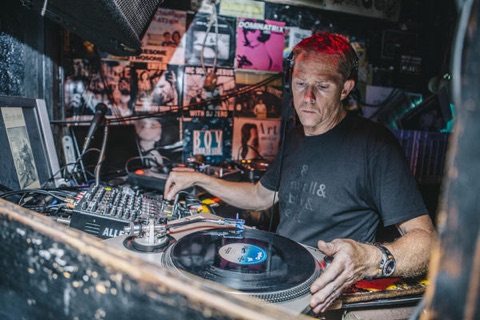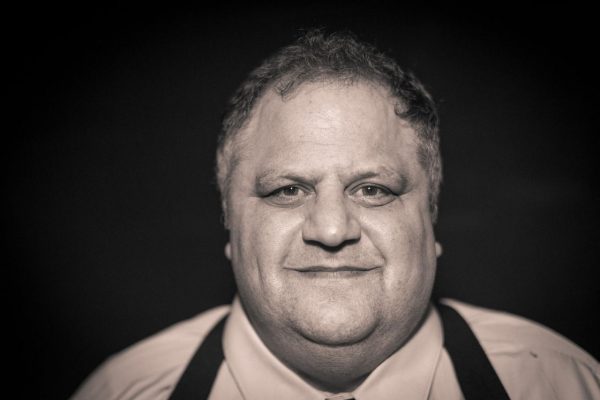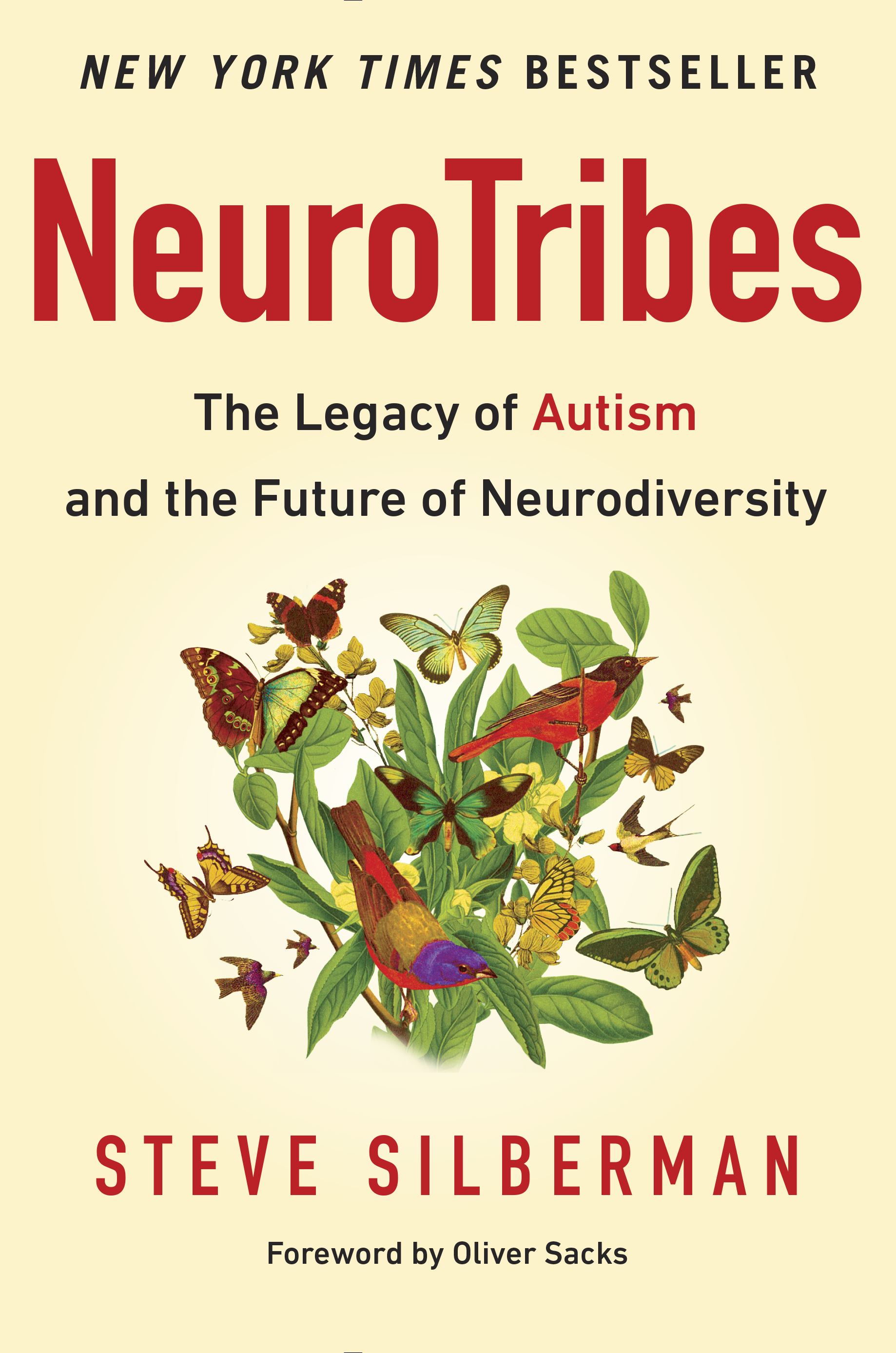Steve Silberman
Writer and Author
Different, Not Less: NeuroTribes and The Future of Neurodiversity
In this lecture, Steve Silberman, the award- winning science writer whose articles have appeared in Wired, the New Yorker, the MIT Technology Review, Nature, Salon, Shambala Sun, and many other publications discusses neurodiversity, the growing movement to frame autism and other conditions such as dyslexia, dyspraxia and ADHD as natural human variations in the human genome rather than disorders. Silberman advocates that neurological differences are authentic forms of human diversity and that often, atypical forms of brain wiring also convey unusual skills and aptitudes. He argues that society should honor and nurture neurodiversity and help individuals make the most of their native strengths and special interests, rather than focusing on trying to correct their deficits or normalize their behavior.
Silberman’s groundbreaking 2015 book NeuroTribes is a compassionate and comprehensive history of the science and culture of autism. NeuroTribes unearths the secret history of autism, while also discovering surprising answers to the crucial question of why the number of diagnoses has soared in recent years. In her review of NeuroTribes for The New York Times Sunday Book Review, book critic Jennifer Senior (FAN 2014) writes: “The most moving chapter, one that had me fitfully weeping throughout, is the penultimate one, which chronicles that miraculous moment 20 or so years ago when autistic adults finally began to find their own tribe after lifetimes of misdiagnoses and alienation.”
Silberman’s in-depth feature writing on topics such as autism in high-tech communities, the placebo effect in clinical trials, the war on amateur chemistry, and the mind of the late neurologist Oliver Sacks (who wrote the foreword for NeuroTribes) may have brought him a great deal of notoriety and Twitter followers, but it is his nuanced, empathetic approach to the subject of autism and neurodiversity that has gained him respect and gratitude from the communities he profiles.
Event Sponsors
Upcoming Events
Year of the Monkey: An Evening with Patti Smith
Patti Smith
Writer, performer, and visual artist
Evanston Township High School Auditorium
Live streaming video of this event will be available, beginning at 7:00 PM, on the ETHS Wildkits YouTube Live Stream channel.
Special thanks to DJ Jeff Pazen for pre- and post-event music!

The Power of Human: How Our Shared Humanity Can Help Us Create a Better World
Adam Waytz, Ph.D.
Associate Professor of Management and Organizations at Northwestern University’s Kellogg School of Management.
North Shore Country Day School Auditorium
The Great Juggling Act: Balancing Life as a Parent
Julie Morgenstern
Time-management and productivity specialist, and author of Organizing from the Inside Out, Never Check Email in the Morning, SHED Your Stuff, Change Your Life, and the brand-new Time to Parent: Organizing Your Life to Bring Out the Best in Your Child and You
New Trier High School, Northfield Campus, Cornog Auditorium



